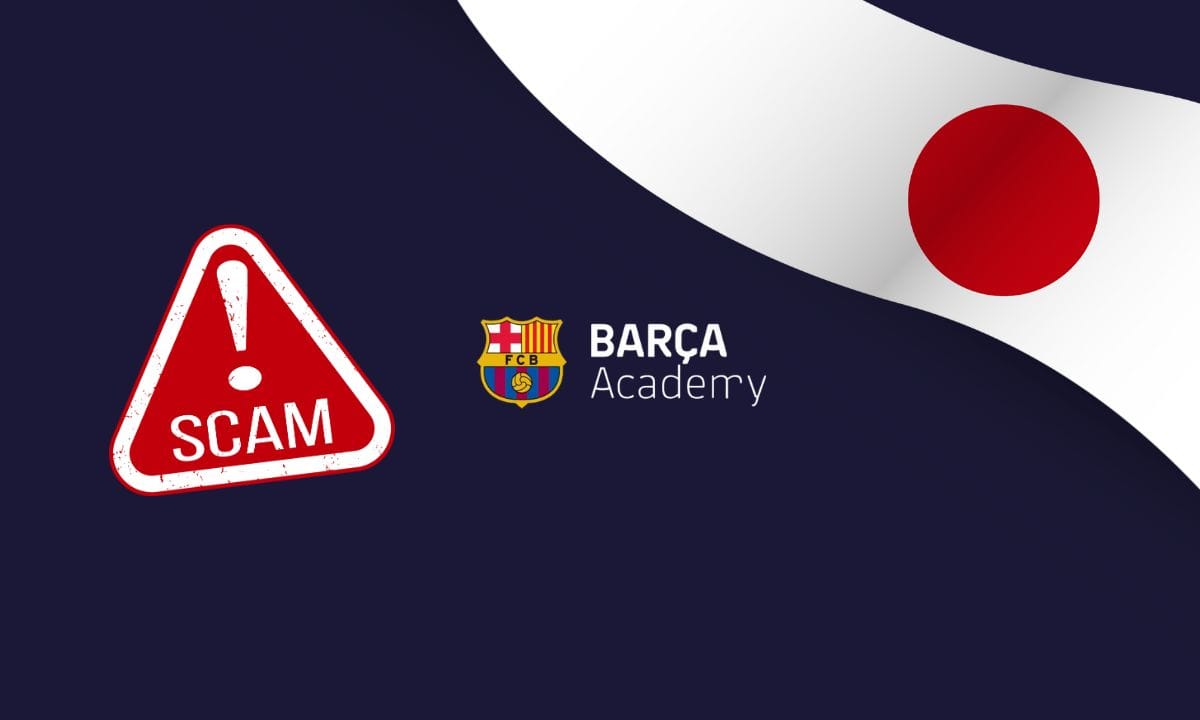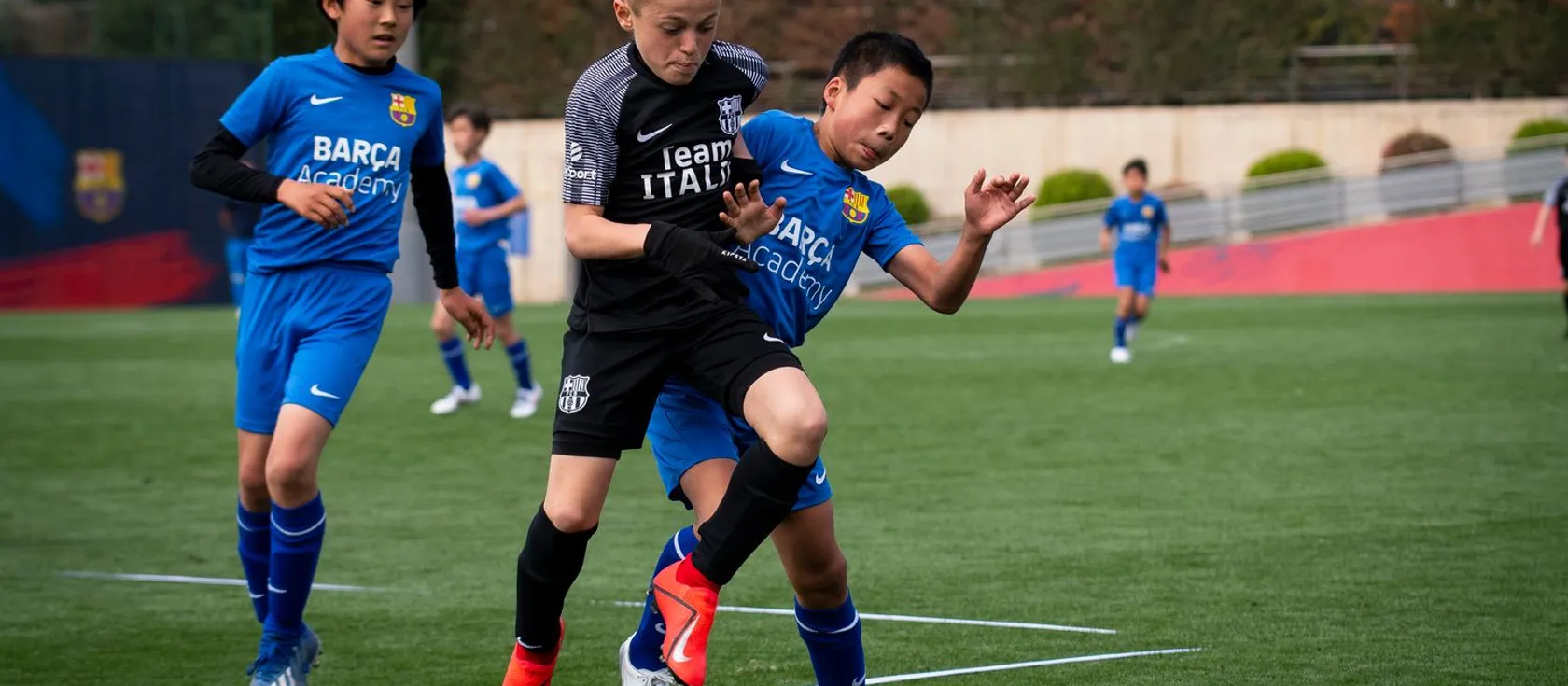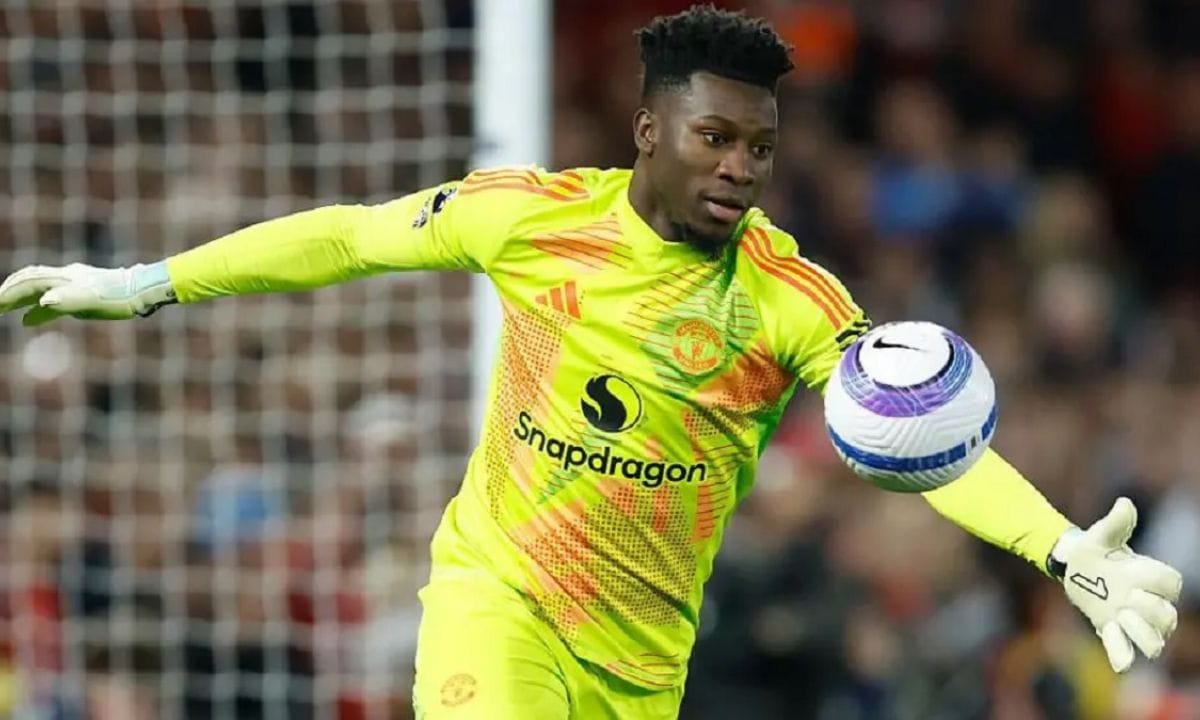Now Reading: How the Barca Academy Scandal in Tokyo Betrayed 400 Young Dreamers
- 01
How the Barca Academy Scandal in Tokyo Betrayed 400 Young Dreamers
How the Barca Academy Scandal in Tokyo Betrayed 400 Young Dreamers

In the heart of Tokyo’s Katsushika ward, hundreds of young footballers once trained under the prestigious banner of FC Barcelona. They ran drills in the rain, perfected passes under the sun, and dreamed of Nou Camp glory. But today, those dreams stand clouded by controversy, not of their making, but of adults who gambled with trust.
What started as a beacon of opportunity, the only official Barça Academy in Japan is now marred by scandal. The story isn’t just about corporate missteps or bureaucratic fallout. According to Wittyscroll, It’s about 400 kids who played by the rules while the adults running the show didn’t.

A Promising Partnership Turned Sour
Back in 2015, Katsushika City green-lit the use of public grounds for a nonprofit named “Kids Challenge Future” to run the FC Barcelona Tokyo Academy. It was a deal rooted in community values taxpayer-funded land, youth development, and a trusted international brand. By all appearances, it worked. The academy drew in hundreds of players, gained media praise, and became a symbol of grassroots international sports exchange.
But behind the scenes, cracks were forming.
In April 2023, the nonprofit sold off the academy’s operational rights to a private company for 49 million yen — all without notifying Katsushika City, which legally owns the land. It wasn’t just a paperwork issue. It was a breach of public trust.
The Real Cost: More Than Yen
When city officials uncovered the secret sale during routine budget checks months later, it wasn’t just the contract that raised eyebrows. It was how the nonprofit, while reportedly in financial distress, had somehow spent over 10 million yen on lavish meals and entertainment.
For the players and their families, this revelation wasn’t just disappointing — it was devastating.
“These weren’t just football lessons,” said a parent whose son attended the academy. “It was supposed to be character-building, teamwork, discipline. What kind of lesson is this for the kids?”
The fallout was swift. The Katsushika City Council revoked the academy’s special access to the public grounds. By September 2024, the program will have to queue like any other private sports group. The deputy mayor — once a champion of the project — resigned in disgrace. And a full investigation is now underway.
Barca Branding, Local Betrayal
While the academy carried the FC Barcelona name, the Spanish club has remained largely silent. Like many overseas Barça Academies, the Tokyo arm operated through a local licensee. That’s common practice. But critics argue the brand’s global prestige comes with a global responsibility.
“It’s easy to outsource operations,” said a Japanese sports governance expert. “But when your name is on the jersey, you owe something to the kids wearing it.”
What Happens Now?
With only months left before losing its home turf, the future of the academy hangs in the balance. Some families are already pulling out. Others are demanding accountability. But for the 400 young athletes, the damage is already done.
They trained for a future the adults failed to protect.
Kirib Opinion:
When public spaces are given to private hands in the name of opportunity, the stakes are higher than profit. They are measured in childhood memories, broken trust, and dreams delayed. The FC Barcelona Tokyo Academy may soon fade from headlines, but its story should echo in every boardroom and council chamber that thinks youth development is just another business line.













